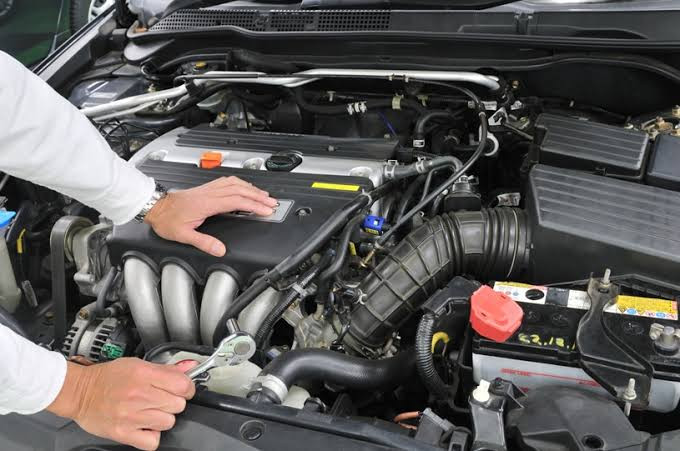Your car’s engine is like a living thing. It needs to stay warm to work well and be healthy. But sometimes, your engine can run too cold and cause problems for your car and your wallet.
In this article, we will explain what causes an engine to run too cold, what are the signs and effects of a cold engine, and how to fix and prevent it from happening.
What Causes an Engine to Run Too Cold?
An engine runs too cold when it does not reach its optimal operating temperature, which is usually around 200°F (93°C) for most engines. The optimal operating temperature is important because it ensures that the engine components are properly lubricated, the fuel is burned efficiently, and the harmful emissions are reduced.
There are several reasons why an engine may run too cold, such as:
- A faulty thermostat that is stuck open and allows the coolant to circulate constantly, preventing the engine from warming up.
- A faulty engine coolant temperature sensor that sends incorrect signals to the engine computer, causing it to inject more fuel than necessary and lower the combustion temperature.
- A faulty fan clutch that is locked and keeps the cooling fan running all the time, drawing too much air over the radiator and cooling the engine excessively.
- A low coolant level that reduces the heat transfer between the engine and the radiator, causing the engine to run cooler than normal.
What are the Signs and Effects of a Cold Engine?
A cold engine can have negative effects on your car’s performance and your comfort. Some of the symptoms and consequences of an engine running too cold are:
- The heater blows cold or barely warm air, making the cabin uncomfortable in cold weather.
- The fuel economy decreases, as the engine computer enriches the fuel mixture to compensate for the low temperature and the incomplete combustion.
- The engine performance suffers, as the spark timing is retarded, the valve timing is altered, and the power output is reduced.
- The engine life is shortened, as the oil becomes more viscous, the moisture and acids accumulate in the oil, and the engine components wear out faster.
How to Fix and Prevent a Cold Engine?
To fix an engine running too cold, you need to diagnose and replace the faulty component that is causing the problem. You can use a scan tool to check for any trouble codes related to the cooling system, a multimeter to test the electrical components, and a thermometer to measure the coolant temperature. You can also check the condition and level of the coolant, and the operation of the thermostat and the fan clutch.
To prevent an engine from running too cold, you need to maintain your cooling system regularly and follow these tips:
- Use the right type and amount of coolant for your car, and change it according to the manufacturer’s recommendations.
- Check the coolant level regularly and top it up if needed. Do not overfill or underfill the coolant reservoir.
- Inspect the coolant hoses and radiator for any leaks, cracks, or damage, and replace them if necessary.
- Replace the thermostat and the engine coolant temperature sensor every few years or as needed, depending on the wear and tear.
- Test the fan clutch for proper operation and replace it if it is faulty or worn out.
Conclusion
Your engine needs to stay warm to work well and be healthy. But sometimes, your engine can run too cold and cause problems for your car and your wallet. By understanding what causes an engine to run too cold, what are the signs and effects of a cold engine, and how to fix and prevent it from happening, you can keep your engine happy and save money on fuel and repairs.

Comments (0)
Please login to join the discussion
Be the first to comment on this article!
Share your thoughts and start the discussion